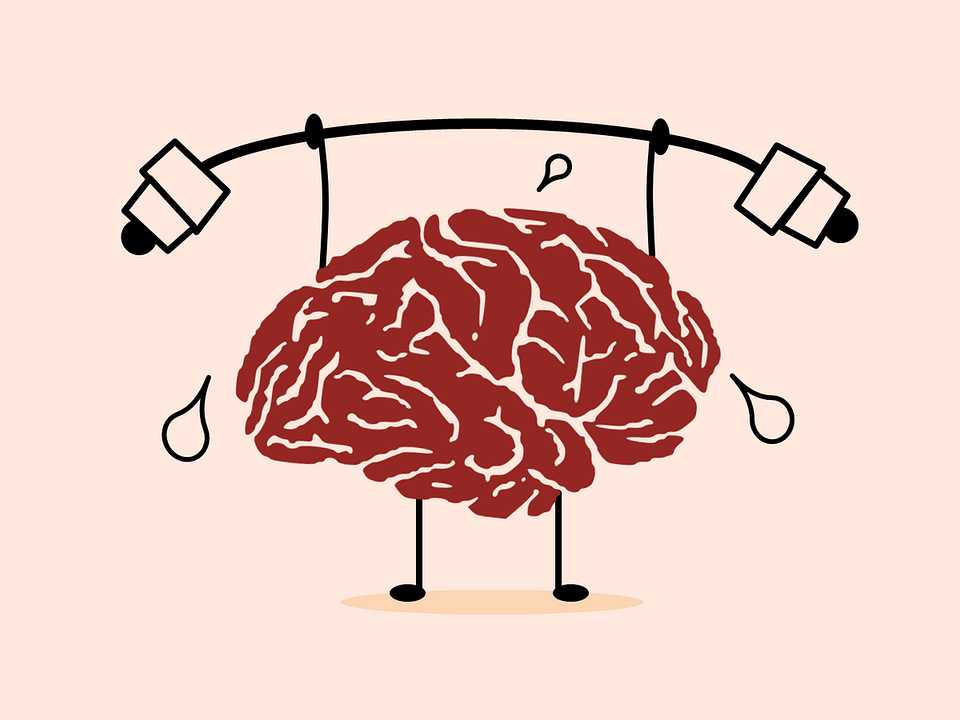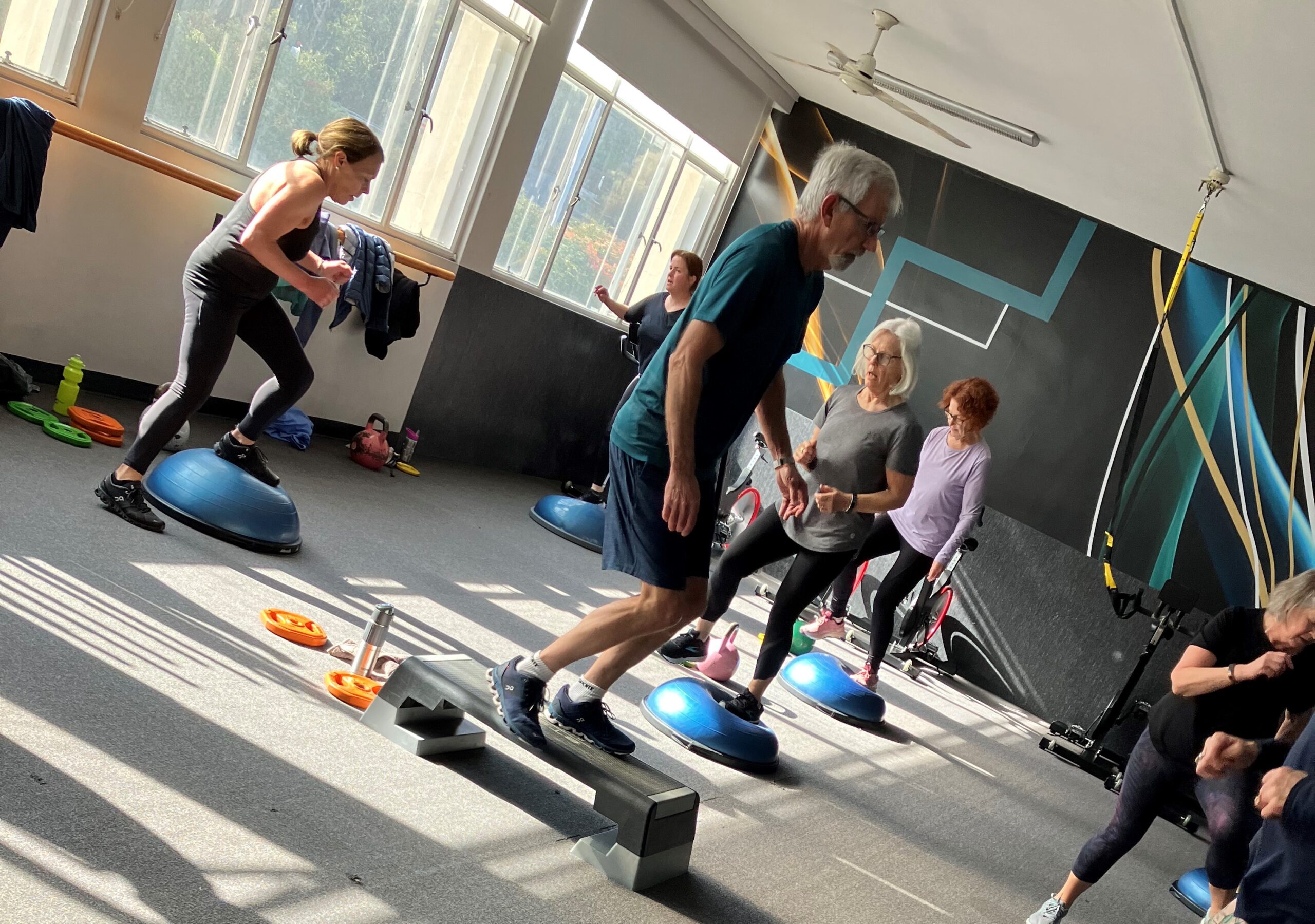
People who exercise regularly have better mental health and emotional wellbeing, and lower rates of mental illness.
Exercise is important for people with mental illness – it not only boosts your mood, concentration, and alertness, but improves cardiovascular and overall physical health.
Many of us find it hard enough to motivate ourselves to exercise at the best of times. But when we feel depressed, anxious, stressed, or have another mental health problem, it can seem doubly difficult.
The link between exercise and mental health is complicated. Inactivity can be both a cause and a consequence of mental illness, for example. But there are lots of ways that exercise can benefit your mental health, such as:
The levels of chemicals in the brain, such as serotonin, stress hormones and endorphins, change when you exercise.
- Regular exercise can help you sleep better. And good sleep helps manage your mood. An interesting fact is, Cortisol, a hormone that reduces stress is only produced when we sleep.
- Exercise can improve your sense of control, coping ability and self-esteem. People who exercise regularly often report how good achieving a goal makes them feel.
- Exercise can distract you from negative thoughts and provide opportunities to try new experiences.
- It offers an opportunity to socialise and get social support if you exercise with others.
- Exercise increases your energy levels.
- Physical activity can be an outlet for your frustrations.
Common barriers that get in the way of starting exercise are feeling overwhelmed, feeling helpless, feeling bad about yourself, or feeling pain.
If you can begin to think of exercise as a priority and important for your mental health, you may find small amounts of time to fit it in to your schedule. So, start small and start slow doing low impact classes such as Yoga or Pilates. What about a stretch class? It is always helpful to exercise with a friend so invite a friend to exercise with you.
Any exercise is better than none, and it doesn’t need to be strenuous or long. Experts recommend adults should be active most days, aiming for a short leisurely walk around the block or on the beach is a good start. You can always speed up as you begin to feel fitter.
Lyndy Burt
Professional Counsellor, Accredited Supervisor PACFA Reg

 Timetable
Timetable 6234 5969
6234 5969
